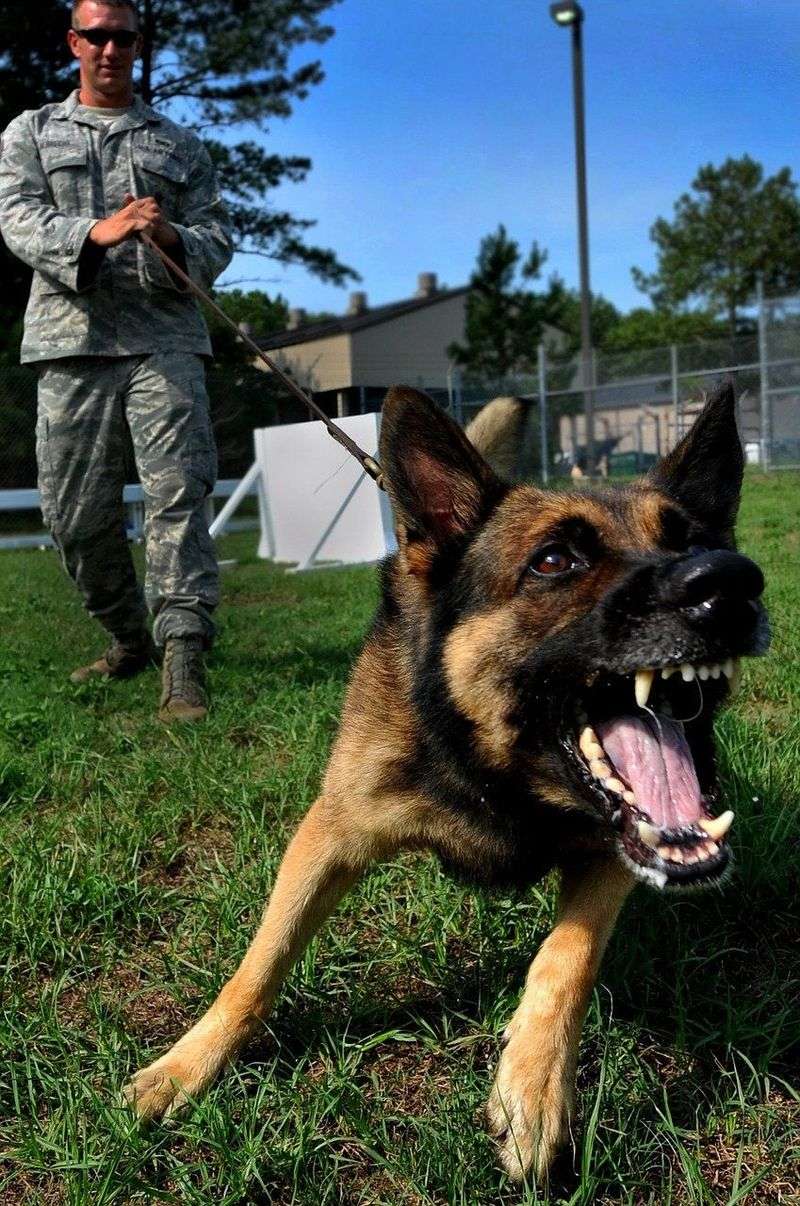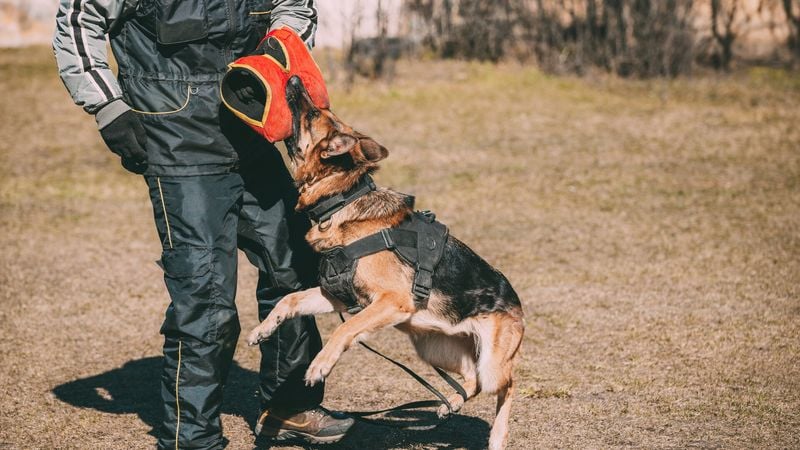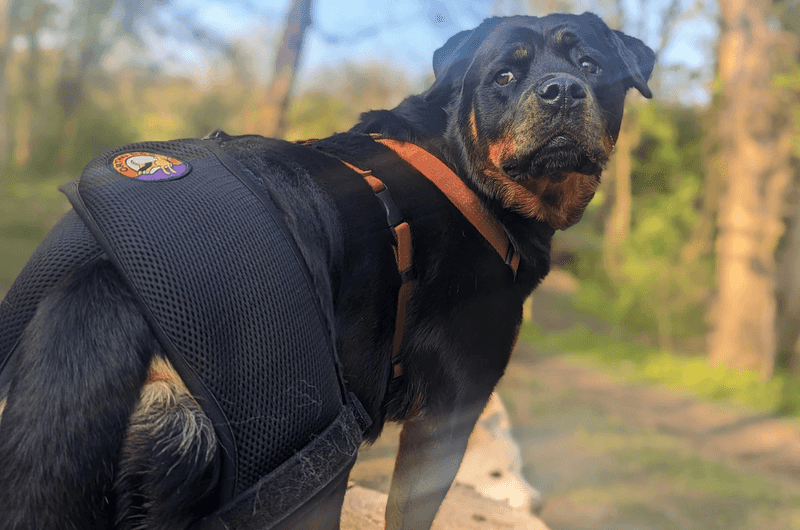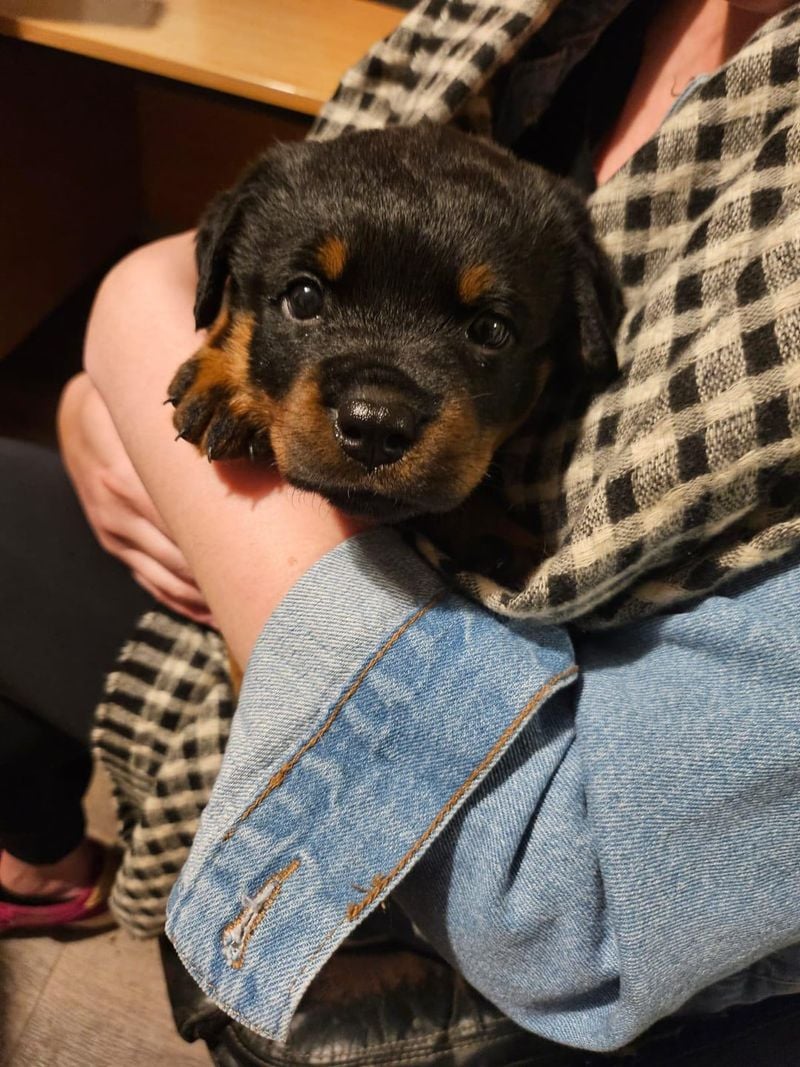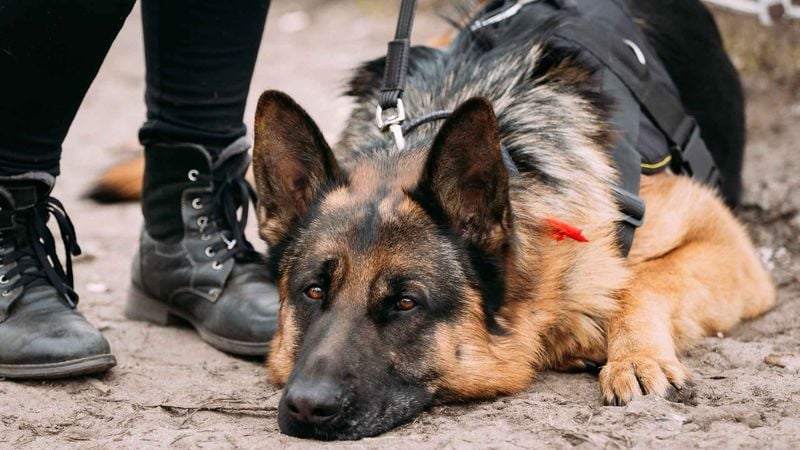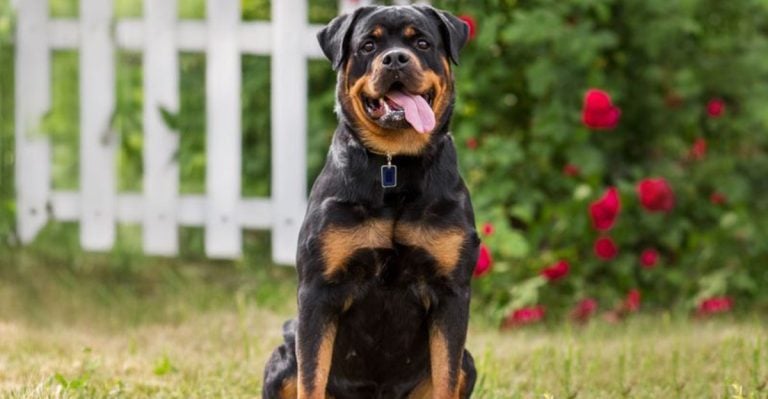Are Rottweilers and German Shepherds Overrated as Guard Dogs? These 12 Reasons Say Yes
When you think of a classic guard dog, two names probably pop up right away: the Rottweiler and the German Shepherd. Hollywood, security firms, and even dog trainers have painted these breeds as the gold standard of home protection.
They look tough, bark loud, and carry an aura that screams, “Don’t mess with me.”
But here’s the thing—just because they look the part doesn’t mean they’re the best choice for the job. In fact, their reputation may be a little too inflated for what they actually bring to the table.
Sure, they have their strengths, but that doesn’t mean they’re flawless defenders of your front porch. Many dog lovers (and first-time dog owners) get swept up in the myth of the perfect guard dog and end up biting off more than they can chew.
These breeds demand more than just kibble and belly rubs—they require high-level training, socialization, and a lifestyle that many people just aren’t equipped to provide.
Without it? You’re not getting a guard dog—you’re getting a potential lawsuit waiting to happen.
And don’t even get us started on the health issues, emotional intensity, or legal red flags that come with owning these breeds.
Rottweilers and German Shepherds aren’t just intimidating—they’re incredibly complex animals that can thrive in the right environment, but fail spectacularly in the wrong one.
So before you fall for the hype and bring one home to play watchdog, it’s worth taking a closer look.
Are these breeds really the unbeatable guardians they’re cracked up to be? Or are we just too in love with the idea of what they could be?
Let’s break it down—here are 12 reasons why Rottweilers and German Shepherds might not be the guard dog superheroes everyone makes them out to be.
1. Too Predictable for Intruders
Burglars are like any savvy professional—they know the tools of their trade. With Rottweilers and German Shepherds being household names in the guard dog world, intruders often come prepared with strategies to bypass them.
Whether it’s carrying treats or simply knowing how to avoid triggering their instincts, these seasoned burglars can render a well-meaning dog useless. It’s like they’ve read the same manual, and they’re always one step ahead.
This predictability can significantly reduce the effectiveness of these dogs in genuinely protecting property, as their notoriety becomes a double-edged sword.
2. High Training Requirements
Training is no walk in the park when it comes to these breeds. Rottweilers and German Shepherds require constant, rigorous training sessions to maintain discipline.
Without it, they might become unreliable, which can lead to unpredictable behavior that’s more risky than reassuring. Many owners underestimate this commitment, thinking a few classes will suffice.
But, just like an athlete needs continuous practice, these dogs need ongoing training.
Skipping these steps not only reduces their guarding ability but also raises the stakes for accidents that could have been avoided with proper instruction.
3. Prone to Aggression if Poorly Handled
Handling these majestic dogs incorrectly can lead to a world of problems. If not socialized or trained properly, Rottweilers and German Shepherds may develop aggressive tendencies.
This can manifest in snapping at friends, lunging at delivery workers, or even mistaking family members for threats. It’s a gamble that many owners aren’t prepared to take.
With great power comes great responsibility, and not everyone is equipped to manage such potential liabilities. These breeds require confident, experienced handlers to bring out their best qualities safely.
4. Overestimated Bite Deterrence
When you see those teeth, it’s easy to assume immediate protection. However, the reality is that size and barks can deceive. True deterrence comes from proper bite inhibition and specialized scenario training.
Unfortunately, many dog owners skip these crucial steps, assuming their dog’s natural instincts will suffice.
But a big bark isn’t always backed by the necessary training to follow through. Without this, their intimidating presence might be all show and no substance when it truly matters.
5. Health Issues Undermine Their Performance
Rottweilers and German Shepherds are no strangers to health problems. Joint issues like hip dysplasia and arthritis can hinder their performance as guard dogs.
These ailments limit their ability to respond quickly and endure long periods of activity, both crucial for effective guarding. Owners often overlook these health hurdles until it’s too late.
While they may look robust, these breeds often carry genetic predispositions that can cut their guarding careers short. Regular vet check-ups and preventative care are essential but often neglected.
6. Require Constant Socialization
The irony is palpable. For a guard dog to be trustworthy, it has to be well-socialized, which requires exposing it to various people and environments.
This exposure, while beneficial, can sometimes dilute their instinct to guard, turning them into friendly companions rather than vigilant protectors. Owners may find themselves with a dog more interested in making friends than warding off intruders.
It’s a delicate balance; too little socialization risks aggression, too much can dull their guarding edge.
7. Legal Restrictions and Liability
Rottweilers and German Shepherds come with a fair share of legal baggage. Due to their reputation and past incidents, many places have breed-specific legislation that restricts or bans them entirely.
This can lead to higher insurance premiums, or even prevent you from renting certain properties. It’s a consideration that many potential owners overlook until it’s too late.
With such liabilities, owning these breeds can become more of a legal headache than a security solution.
8. Can Be Too Attached to Owners
The loyalty of these breeds is unmatched, but it can also be their Achilles’ heel. Rottweilers and German Shepherds form strong bonds with their owners, sometimes to the point where they can’t function well without them.
When left alone, they may become anxious or depressed, defeating the purpose of having a guard dog to watch over things in your absence.
Instead of patrolling the premises, they might spend the day waiting by the door, missing their owner’s presence more than guarding the house.
9. Hard to Distinguish Between Alert and Anxiety
Living with a Rottweiler or German Shepherd can sometimes feel like deciphering dog Morse code. These breeds are known for being vocal, but often it’s hard to tell if they’re alerting you to danger or just anxious.
Their barking can stem from nerves rather than a real threat, leading to false alarms that might go ignored over time. It’s like having a car alarm that goes off more often than it should.
Proper training can help differentiate these signals, but it’s a challenge that requires time and patience.
10. Their Appearance Creates Stereotyping
Walking a Rottweiler or German Shepherd in public often attracts more attention than desired. Their intimidating looks can lead to stereotyping, and some people may even cross the street to avoid them.
This unwanted attention can sometimes escalate to neighbors calling animal control out of fear, not based on any real incident.
Owning such a breed can make you subject to judgments that might not be fair, creating social challenges you didn’t anticipate when choosing a guard dog.
11. Better Suited to Other Roles
While they’re often seen as guard dogs, these breeds shine brighter in other roles. German Shepherds excel in police and military work, while Rottweilers are fantastic in therapy or search-and-rescue missions.
These roles utilize their intelligence, stamina, and loyalty in ways guarding can’t always match. Owners might discover their pet is better off serving in these capacities rather than just guarding a home.
Their true potential often lies in specialized tasks where their strengths are fully appreciated and used.
12. Modern Security Has Evolved
In an age where technology reigns, relying solely on a guard dog seems outdated. Surveillance cameras, smart locks, and motion sensors offer more reliable and hassle-free security than a dog could provide.
These modern tools work 24/7 without the need for food, walks, or vet visits. While dogs provide companionship, the security needs of today often demand more advanced solutions.
Given the complexity and costs of maintaining these breeds, many owners find it more practical to invest in technology for peace of mind.



